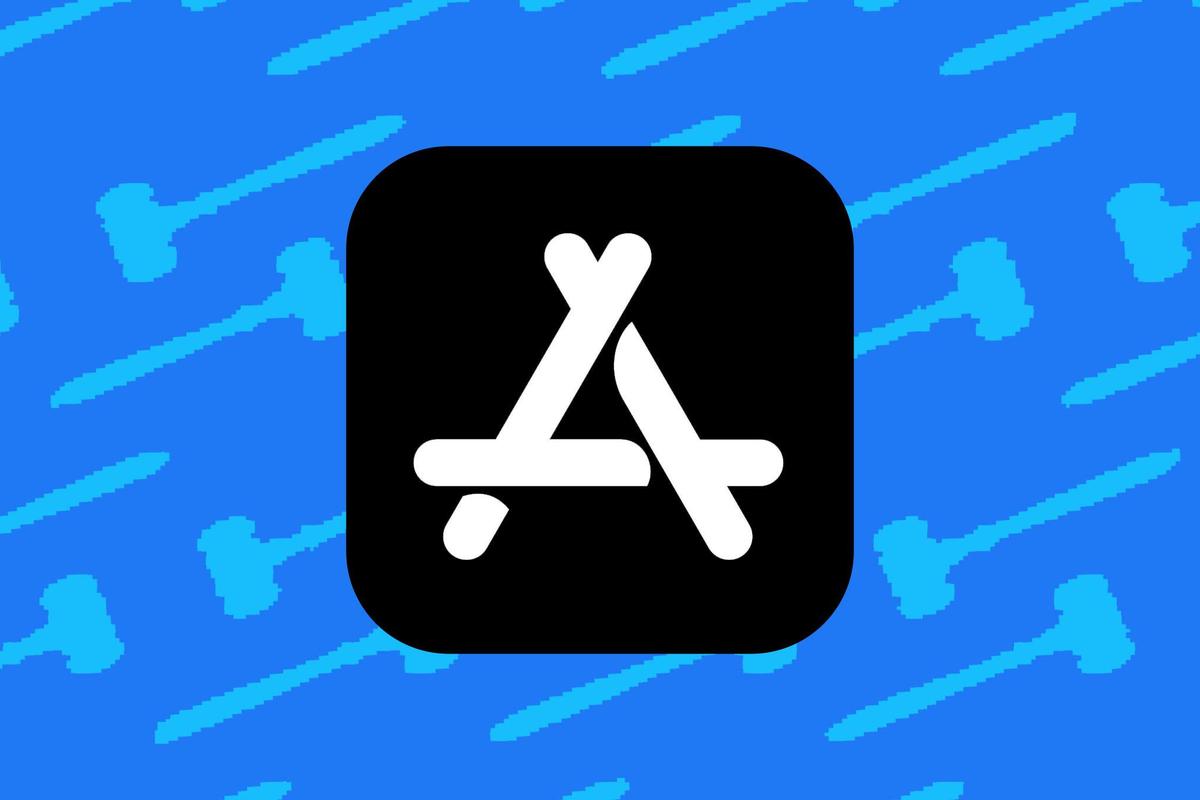Meta’s AI Training Faces Judicial Scrutiny: Judge Questions ‘Fair Use’ Claim
Meta’s AI Training Under Fire: A Judge’s Skepticism
The burgeoning field of Artificial Intelligence (AI) is rapidly transforming industries, but the methods used to train these powerful systems are increasingly under legal scrutiny. A recent court hearing has brought this issue into sharp focus, with a judge expressing significant doubt regarding Meta’s claim that its AI training practices constitute “fair use” under copyright law. This case, potentially the first of its kind to reach a ruling, pits the social media giant against book authors who allege copyright infringement, raising fundamental questions about the future of AI development and copyright protection.
The Core of the Dispute: Fair Use vs. Copyright Infringement
At the heart of the matter is the concept of “fair use,” a legal doctrine that allows limited use of copyrighted material without permission from the copyright holder. Meta, like many other AI companies, argues that training AI models on vast datasets, including copyrighted books, falls under fair use. Their rationale is that this training is transformative, creating entirely new works (AI models) that do not replicate the original works or supplant them in the market. In essence, they contend that AI training merely references the books to create something novel and distinct.
However, authors and copyright holders argue that this practice constitutes copyright infringement. They claim that using their copyrighted works without permission or compensation undermines their rights and potentially devalues their creations. The authors argue that Meta’s AI models are directly benefiting from their intellectual property, and they deserve to be compensated for this use.
Judge Chhabria’s Skepticism: A Potential Blow to Meta’s Defense
The recent hearing, prompted by both sides seeking summary judgment, revealed Judge Vince Chhabria’s skepticism towards Meta’s fair use argument. According to Reuters, Judge Chhabria challenged Meta’s attorneys, questioning whether the company’s LLaMA AI models pose no threat to authors in their respective markets. This line of questioning suggests that the judge is not entirely convinced by Meta’s claim that its AI training is a transformative use that does not harm the authors’ commercial interests.
This skepticism represents a potentially significant setback for Meta and the broader AI industry. A ruling against Meta could set a precedent that forces AI companies to negotiate licensing agreements with copyright holders before using their works for training purposes. This could significantly increase the cost and complexity of AI development, potentially slowing down innovation and hindering the industry’s growth.
The Stakes for the AI Industry
Meta has emphasized the high stakes of this legal battle, arguing that a ruling against fair use in AI training could have far-reaching consequences for the entire AI industry. They contend that requiring AI companies to negotiate data contracts would be a time-consuming and expensive process, putting them at a competitive disadvantage compared to global rivals who may operate in jurisdictions with more lenient copyright laws. This is particularly relevant in the context of rapidly advancing AI technologies and the global race to develop cutting-edge AI models.
The AI industry fears that a restrictive interpretation of fair use could stifle innovation and limit the potential of AI to benefit society. They argue that access to large datasets, including copyrighted works, is essential for training AI models that can perform complex tasks, such as natural language processing, image recognition, and machine translation. Without access to these datasets, AI companies may struggle to develop competitive and effective AI solutions.
The Broader Implications for Copyright Law
This case also raises broader questions about the application of copyright law in the digital age. The traditional framework of copyright law was designed to protect authors and creators from unauthorized reproduction and distribution of their works. However, the advent of AI and machine learning has introduced new challenges to this framework. AI models are not simply reproducing copyrighted works; they are using them to learn and create new outputs. This raises the question of whether this type of use should be considered fair use or copyright infringement.
The outcome of this case could have a significant impact on the future of copyright law, potentially reshaping the relationship between copyright holders and AI developers. A ruling in favor of the authors could lead to stricter regulations on AI training data, while a ruling in favor of Meta could pave the way for more permissive use of copyrighted works in AI development.
The Potential Consequences of a Negative Ruling for Meta
If the judge ultimately rules against Meta’s fair use claim, the company could face significant financial penalties and legal liabilities. The authors could seek damages for copyright infringement, potentially amounting to millions of dollars. In addition, Meta could be required to obtain licenses for all copyrighted works used in its AI training data, which could significantly increase its operating costs.
Beyond the financial implications, a negative ruling could also damage Meta’s reputation and slow down its AI development efforts. The company may be forced to redesign its AI training processes to comply with stricter copyright regulations, which could take time and resources. This could put Meta at a competitive disadvantage compared to other AI companies that are not subject to the same legal constraints.
The Future of AI Training and Copyright
The legal battle between Meta and the book authors is a pivotal moment in the ongoing debate about the relationship between AI and copyright law. The outcome of this case will likely have a significant impact on the future of AI training and the broader AI industry. It will also shape the interpretation of fair use in the context of AI and potentially lead to new regulations governing the use of copyrighted works in AI development.
As AI continues to evolve and become more integrated into our lives, it is crucial to strike a balance between protecting the rights of copyright holders and fostering innovation in the AI field. This case represents an important step in that process, forcing courts and policymakers to grapple with the complex legal and ethical issues raised by AI and its impact on copyright law.
Conclusion: A Landmark Case with Far-Reaching Implications
Judge Chhabria’s skepticism towards Meta’s fair use claim underscores the complexities and uncertainties surrounding the legality of AI training practices. This case is far from over, and its outcome will undoubtedly have significant ramifications for Meta, the AI industry, and the future of copyright law. As the legal proceedings unfold, it is essential to closely monitor the developments and consider the broader implications for innovation, creativity, and the evolving landscape of intellectual property rights in the age of artificial intelligence.
Source: Ars Technica



